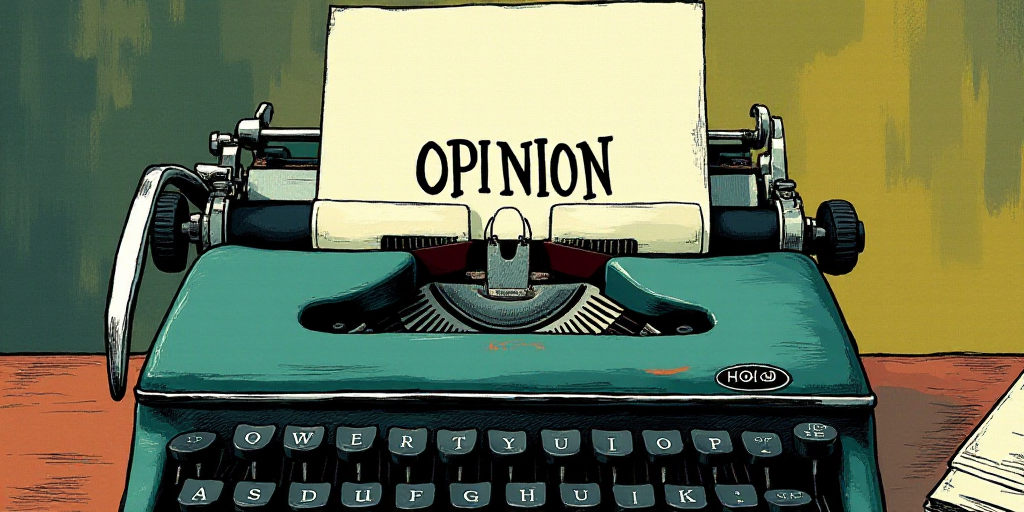Two Distinct Visions for Canada’s Future
On April 28, Canada faces a federal election that extends far beyond its borders. The country must choose between two vastly different visions for the future: one that seeks to expand rights and strengthen Canada’s role as a global humanitarian actor, and another promising order, austerity, and strict immigration control.
At the heart of this dispute lies the fate of thousands of migrants, including the growing Mexican community. In 2023, applications for asylum by Mexican nationals reached a record high, rising from 260 in 2016 to 23,995.
Key Candidates and Their Proposals
While several contenders are in the race, only two have realistic chances of leading the next Canadian government. On one side, Mark Carney, interim prime minister and leader of the Liberal Party, dissolved Parliament and called for elections in a strategic political move. As an economist by training, Carney represents the continuity of a progressive foreign policy with a focus on social justice, climate change, and human rights.
Within his team, Rachel Bendayan, the current Immigration Minister and candidate for the Outremont district in Montreal, stands out. Of Sephardic and Moroccan origin, Bendayan has championed an inclusive migration agenda centered on a humanitarian approach. Her accomplishments include:
- Prioritizing permanent residency for temporary workers and international students with a strong track record in Canada.
- Streamlining family reunification processes, reducing waiting times.
- Implementing a more flexible visa policy for Mexican citizens, particularly in the agricultural, caregiving, and technology sectors.
- Promoting French-language immigration in regions outside Quebec as a tool for the country’s cultural and linguistic development.
These actions have not only benefited migrant communities but also strengthened Canada’s economy and ties with Latin America.
In contrast, Pierre Poilievre, the other viable candidate, leads the Conservative Party and proposes a platform emphasizing economic security and immigration control. Although he has criticized the Liberal policies on this matter, his concrete proposals reflect his vision for an immigration system:
- Adjusting immigration levels to Canada’s housing, employment, and healthcare capacity, arguing that population growth should be sustainable.
- Reforming the Temporary Foreign Worker Program to prevent abuses and prioritize opportunities for Canadian citizens.
- Strengthening border security by closing irregular crossings like Roxham Road and renegotiating the Safe Third Country Agreement.
- Implementing stricter scrutiny in asylum claim reviews to prevent abuses and ensure protection for those genuinely in need.
For the Mexican community in Canada, a Conservative government could mean fewer job opportunities, stricter movement restrictions, and limited access to social services.
Canada-Mexico Relations: Beyond Trade
Today, Canada is home to the world’s third-largest Mexican population, after the United States and Spain. The bilateral relationship with Mexico extends beyond trade to include educational cooperation, consular protection, and ongoing dialogue on human rights, indigenous peoples, and climate change.
A Liberal government would likely deepen these ties, while a Conservative shift could mean tighter immigration controls and more distant diplomatic engagement.
Key Questions and Answers
- What are the two distinct visions for Canada’s future in this election? One vision focuses on expanding rights and strengthening Canada’s role as a global humanitarian actor. The other emphasizes order, austerity, and strict immigration control.
- Who are the key candidates and what are their proposals?
Mark Carney (Liberal Party): Prioritizes permanent residency for temporary workers and international students, streamlines family reunification processes, implements a flexible visa policy for Mexican citizens, and promotes French-language immigration outside Quebec.
Pierre Poilievre (Conservative Party): Adjusts immigration levels to Canada’s capacity, reforms the Temporary Foreign Worker Program, strengthens border security, and implements stricter asylum claim reviews.
- How would a Conservative government impact the Mexican community in Canada? It could mean fewer job opportunities, stricter movement restrictions, and limited access to social services.
- What are the broader implications of this election for Canada-Mexico relations? The election will determine whether Canada continues to deepen its ties with Mexico beyond trade or shifts towards more restrictive immigration policies and distant diplomatic engagement.






